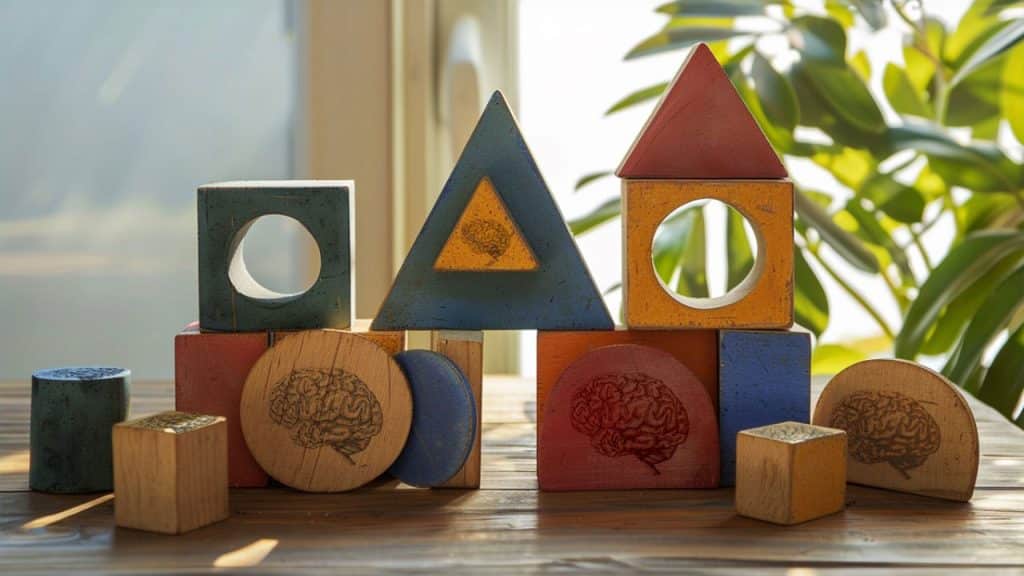We often talk about technology as the one-stop solution to all of our problems, including serious medical conditions like dementia, but it’s easy to oversimplify. One thing we should never lose sight of is that every person is an individual, and their needs won’t necessarily be the same as the person next to them. What works for one may not work for another (https://longevity.technology/news/one-size-does-not-fit-all-when-it-comes-to-dementia-technology/).
Dementia research isn’t just about finding a cure or preventing it completely. It’s about ensuring that people with the condition have the best possible quality of life, which means being able to maintain as much independence as possible. The Lived Experience Advisory Panel (LEAP) is a body that gives guidance to the innovators involved in the $4 million Longitude Prize on Dementia. It ensures that inventors are not just working based on theory, but with the actual, firsthand accounts of people who intimately know the direct impact of this condition.
This is just one way to try to prevent scientists from losing sight of the actual human beings impacted by their work. Technology is a wonderful thing; it can help with communication, prompt you when you forget things, and set off alerts if something goes wrong. With close to 55 million cases of dementia in the world today – a number that’s only likely to grow – it’s impossible to say that one piece of tech will work for every single person, especially if they have other disabilities, like mobility issues.
Many devices aimed at people with dementia are there to monitor them. Cameras and sensors have their place, but they can also be intrusive, undermining the individual’s sense of privacy, and they don’t do much to help them live independently in their own homes. The Longitude Prize, with the help of LEAP, is focusing more on assistive technology, the kind that can dim the lights or remind you of someone’s name.
Of course, dementia is a progressive condition. Every person with dementia is different not just from other people with the same diagnosis, but from the same person years or even months ago. The best technology will have to be adaptable to adjust to the way the individual’s needs change.
If technology has the potential to help people with dementia stay in their homes and live more independent, fulfilling lives for longer, it’s important to get it right.




